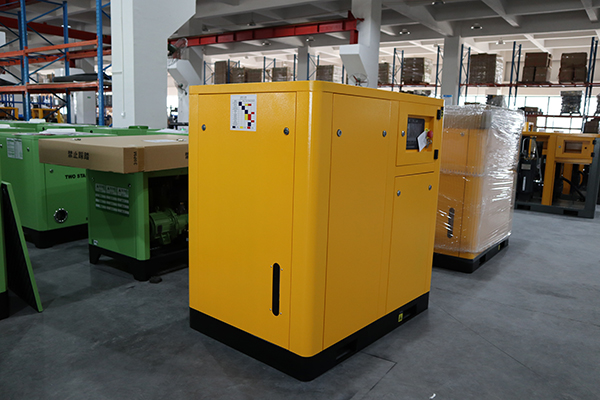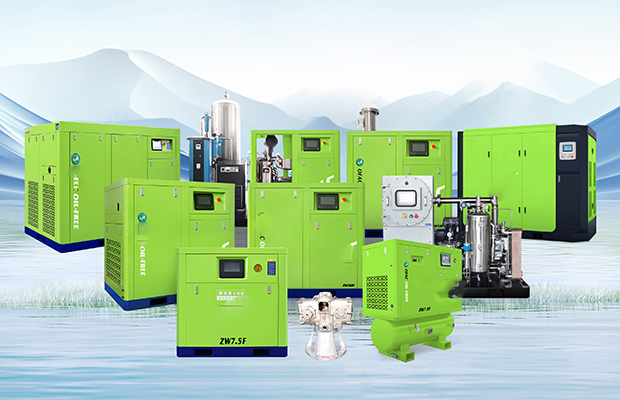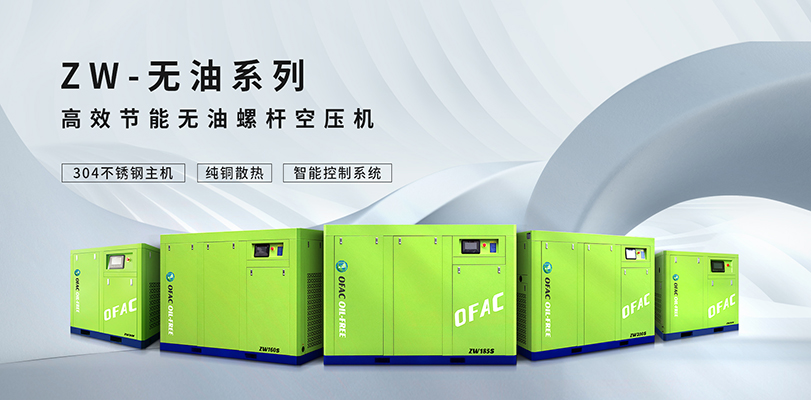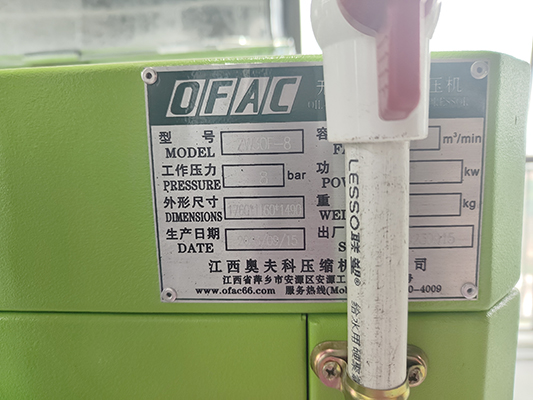Rotary Screw Air Compressor Frequency Inverter Use
News 2025-10-24
Rotary screw air compressors are fundamental in industrial operations, providing a steady stream of compressed air essential for tasks like powering tools and machinery. Frequency inverters enhance these systems by allowing variable speed control, which adjusts output based on real-time demand. This technology not only boosts energy efficiency but also offers greater flexibility, helping industries reduce costs and minimize environmental impact through optimized performance.

Application Scenarios
In diverse settings, such as automotive assembly lines, frequency inverter-driven rotary screw compressors deliver precise air pressure for robotic welding and painting processes. The food processing sector relies on them for consistent packaging operations, while pharmaceutical manufacturing uses them to maintain sterile environments with controlled air flow. In construction and mining, these systems adapt to fluctuating demands, ensuring reliable performance in harsh conditions without compromising safety or efficiency.
Performance Advantages
Key benefits include significant energy savings, as inverters modulate motor speed to match load requirements, potentially cutting consumption by up to 30%. This leads to less heat generation and reduced mechanical wear, extending equipment lifespan and lowering maintenance needs. Additionally, the technology provides smoother operation with minimal pressure fluctuations, enhancing product quality in precision-dependent industries and contributing to quieter, more sustainable work environments.
Importance in Industrial Processes
Frequency inverters play a critical role in streamlining industrial workflows by enabling responsive air supply management that aligns with production variations. This adaptability supports lean manufacturing by eliminating waste and improving resource utilization, while also aiding compliance with energy standards. In an era focused on sustainability, their integration helps reduce carbon footprints and operational expenses, making them vital for competitive edge and long-term viability in modern industrial applications.


